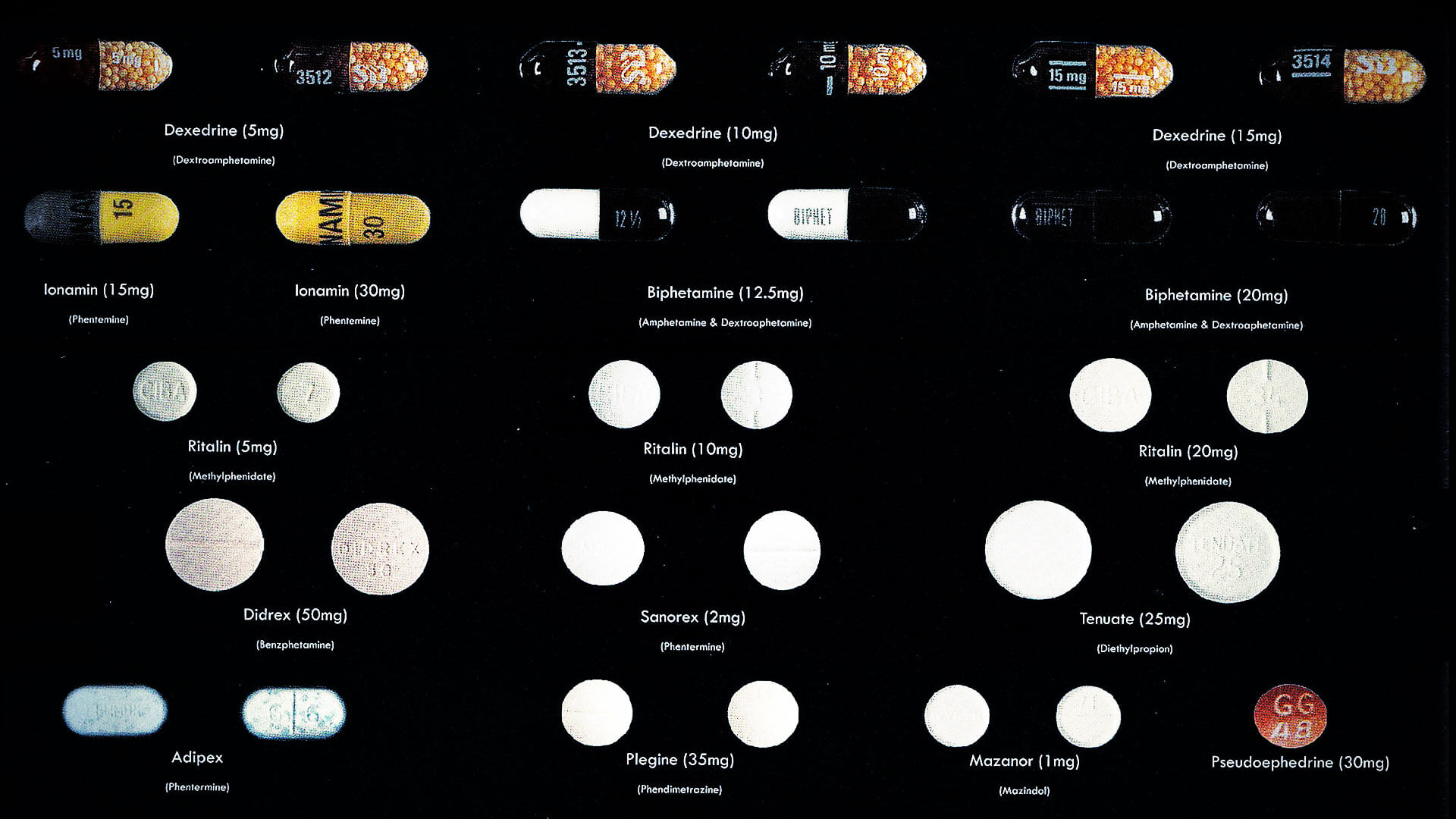A new research study shows that even part-time stimulant use can alter brain chemistry.
New research published in the
Journal of Neuroscience has shown that even occasional use of stimulant drugs such as cocaine and amphetamines can change the brains of users. Researchers evaluated college students between the ages of 18-24 who were identified as occasional stimulant users, meaning they had taken the drugs an average of 12 to 15 times.
The students were shown an ‘X’ or an ‘O’ on a screen and instructed to press a left button if an X appeared or a right button if an O appeared. The findings showed that the occasional users had faster reaction times than those who hadn’t tried stimulants, but made more mistakes and showed decreased performance as the tasks became harder. The faster reaction times were also a likely display of their impulsivity which relates to their drug use.
“If you show me 100 college students and tell me which ones have taken stimulants a dozen times, I can tell you those students’ brains are different,”
said Dr. Martin Paulus, a professor of psychiatry at the University of California, San Diego. “Our study is telling us, it’s not ‘this is your brain on drugs,’ it’s ‘this is the brain that does drugs.’” Lead author Katia Harle, a postdoctoral researcher in the Paulus laboratory, said the findings showed that stimulant users could have an impaired ability to anticipate a situation and to detect trends in when they need to stop.”
In a separate study, Joshua Jones, PhD, said that stimulant drugs like cocaine affect the orbitofrontal cortex and ultimately “hijack” the decision making process in the brain. “[This damage] may decrease a person’s ability to use prior experience to make good decisions on the fly,”
explained Jones. “The person isn’t able to consider the whole continuum of the decision—the mind’s map of how choices play out further down the road. Instead, the person is going to regress to habitual behavior, gravitating toward the choice that provides the most value in its immediate reward.”
This post originally appeared on thefix.com
